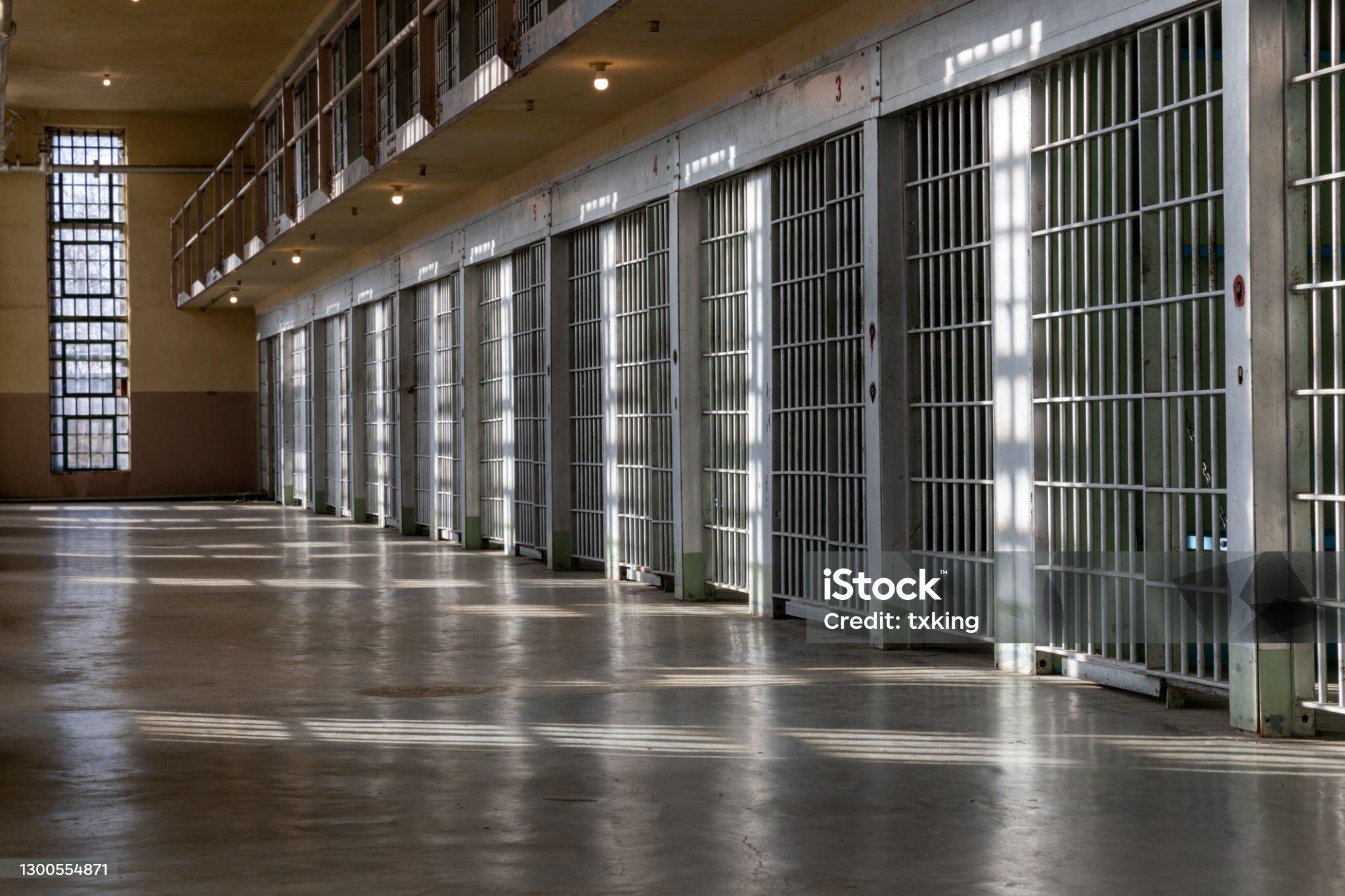The Attorney General of Georgia, Chris Carr, is hopeful that the FCC will take measures to eradicate illegal prison phone calls. He is supported in this initiative by 21 fellow Attorneys General, who collectively signed a letter in January 2023 urging Congress to find a resolution to this matter.
Carr, in his correspondence with the FCC, highlights the continued utilization of contraband cell phones for orchestrating violent incidents and other illicit activities, urging the commission to reconsider its prohibition on cell phone jamming devices in state and local correctional facilities. He maintains that this ban limits crucial law enforcement capabilities, poses risks to the safety of correctional personnel, and facilitates the expansion of criminal enterprises within prisons.
Brad King, representing the Baldwin County Sheriff’s Office, indicated that this challenge is not limited to the prison environment. “It is certainly a public safety concern,” King conveyed to WMAZ-TV.

More than 13,000 unauthorized cell phones have been taken from Georgia's prisons since 2023. Carr explains that jamming would disrupt the radio frequency communication between a phone and a nearby cell tower, thus making those devices inoperative.
Washington County Sheriff Joel Cochran emphasized that cell phones grant inmates a degree of power. He explained, "These devices enable them to contact witnesses, harass victims, or engage with drug traffickers for transaction purposes. This underscores the grave consequences that can arise from what appears to be a mere phone."
The ban on cell phone jammer by the FCC was instituted in the early 1990s, as Carr points out, long before prison inmates began to exploit contraband cell phones for the purpose of planning and engaging in unlawful and perilous activities. He asserts that this regulation is outdated and no longer serves the public good, noting that the U.S. Bureau of Prisons is currently permitting the use of jamming devices in multiple correctional institutions, including at least one in Georgia.
The Federal Communications Commission has approved the testing of signal jammers in prison settings. However, a pressing issue is to guarantee that these devices are effective only within the prison walls and do not obstruct the communication of first responders beyond those walls, as noted by Inside Towers.
King indicated that inmates with access to phones are conducting scams aimed at defrauding community members, resulting in a lack of evidence. "We face difficulties in tracking these incidents due to the use of burner cell phones. This situation makes it exceedingly challenging to pursue these cases," King noted.
In his written communication, Carr maintains that the technology would serve to prevent inmates from establishing unauthorized connections with individuals outside the prison walls.
Cochran pointed out that the core issue is the public safety risk that encompasses both prison personnel and other inmates. "These facilities are where they reside. We want to ensure they have a safe environment. Additionally, we want the public safety staff members in these facilities to be able to perform their jobs safely," Cochran remarked during his discussion with WMAZ-TV.
